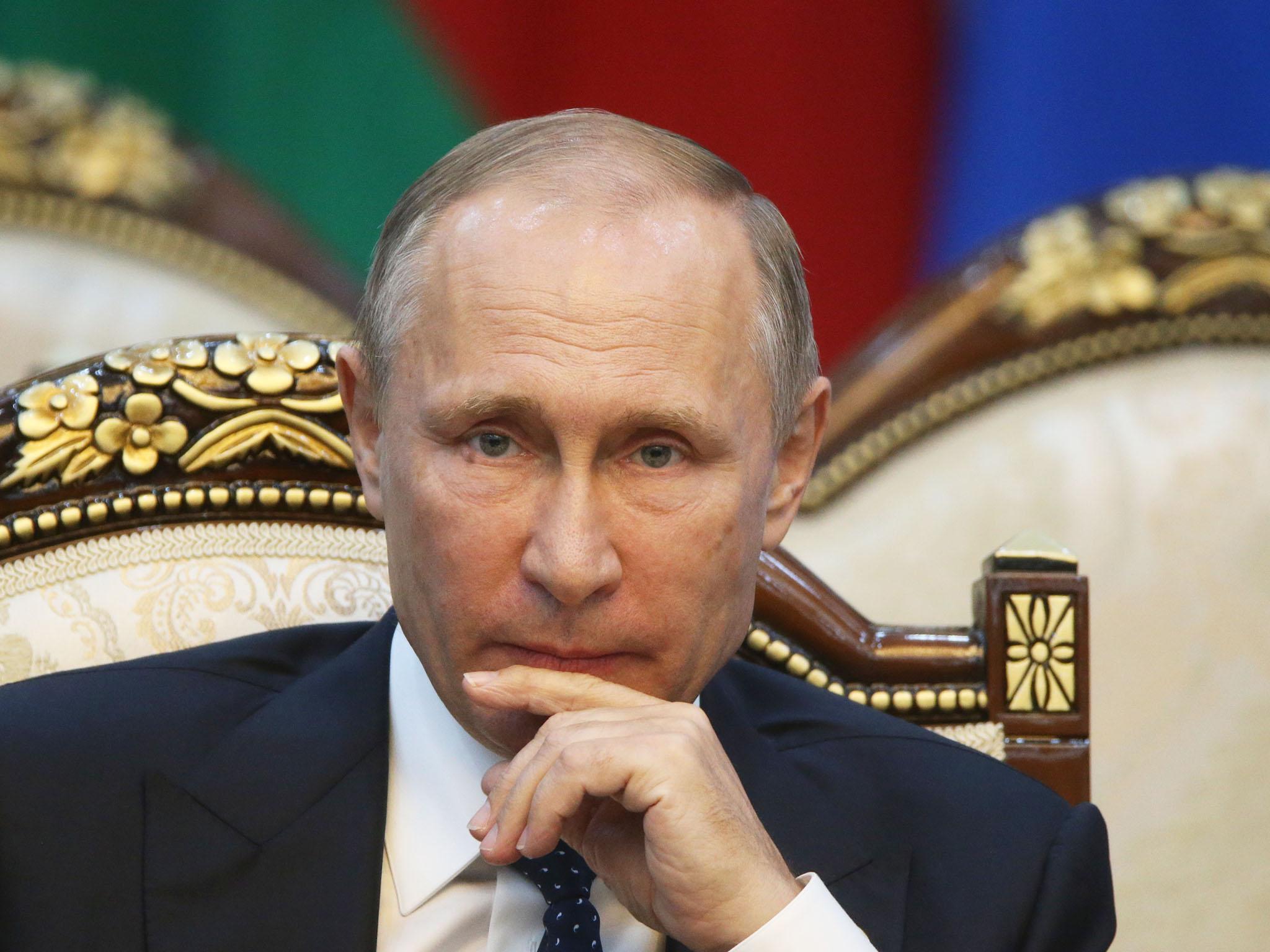Russia tensions with US 'more dangerous' than during the Cold War
Germany's foreign minister Frank-Walker Steinmeir says during the Cold War superpowers had 'red lines and respected them'

Your support helps us to tell the story
From reproductive rights to climate change to Big Tech, The Independent is on the ground when the story is developing. Whether it's investigating the financials of Elon Musk's pro-Trump PAC or producing our latest documentary, 'The A Word', which shines a light on the American women fighting for reproductive rights, we know how important it is to parse out the facts from the messaging.
At such a critical moment in US history, we need reporters on the ground. Your donation allows us to keep sending journalists to speak to both sides of the story.
The Independent is trusted by Americans across the entire political spectrum. And unlike many other quality news outlets, we choose not to lock Americans out of our reporting and analysis with paywalls. We believe quality journalism should be available to everyone, paid for by those who can afford it.
Your support makes all the difference.Mounting tensions between the US and Russia have led to a global political situation which is “more dangerous” than the Cold War, the German foreign minister has said.
Relations between the two countries hit a new low on Friday after Washington accused Moscow of war crimes following a sustained bombardment of the besieged Syrian city of Aleppo.
US, British and French ambassadors to the UN walked out of an emergency meeting of the Security Council last month when their Syrian counterpart rose to defend the air strikes which ended the fragile ceasefire after less than a week.
At least 250,000 people are still living in the rebel-held east of the city which has suffered almost daily bombardment by Russian forces as part of a bid to recapture it.
In a piece for German tabloid newspaper Bild, Frank-Walter Steinmeir wrote: “It's a fallacy to think that this is like the Cold War. The current times are different and more dangerous”.
He laid the blame mostly at Russia’s door for provoking the conflict between East and West - the country has been accused of deliberately targeting aid convoys and hospitals during the assault - but said during the Cold War superpowers had “red lines and respected them”.
He said: “In a world with many regional conflicts and the waning influence of the great powers, the world is unpredictable.
“But despite all the frustration, disappointment and deep suspicion on both sides it is important to continue to look for ways to put an end to the madness in Syria.”
He urged world leaders to “leave no stone unturned” in finding a solution to the Syrian conflict.
The “first step” would be getting vital humanitarian aid and medicine to Aleppo”.
On Saturday Russia vetoed a motion put to the UN Security Council by France which called for an immediate end to the bombing campaign.
A rival motion proposed by Russia was also rejected at the meeting calling for a fresh ceasefire but did not explicitly mention the bombing.
Russia’s UN ambassador Vitaly Churkin said the vote was “a waste of time” as the Security Council met knowing neither resolution would pass.
Join our commenting forum
Join thought-provoking conversations, follow other Independent readers and see their replies
Comments